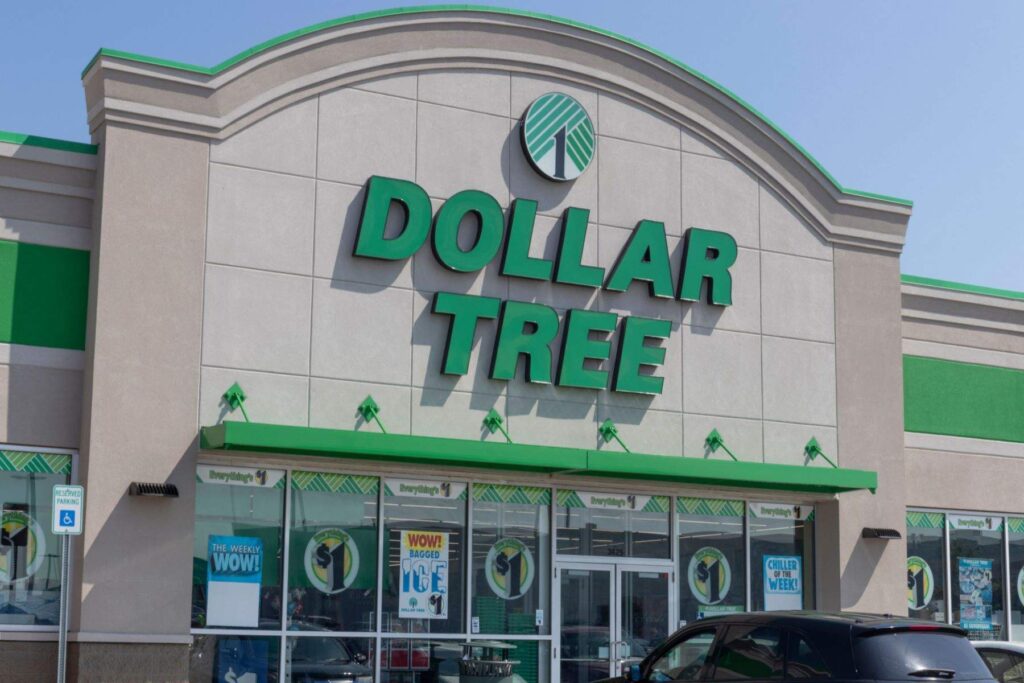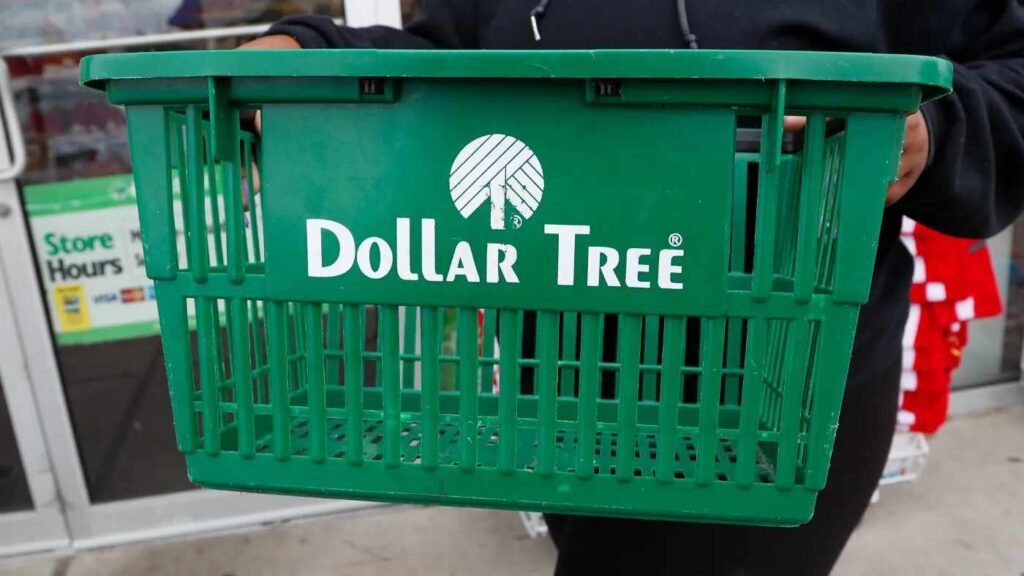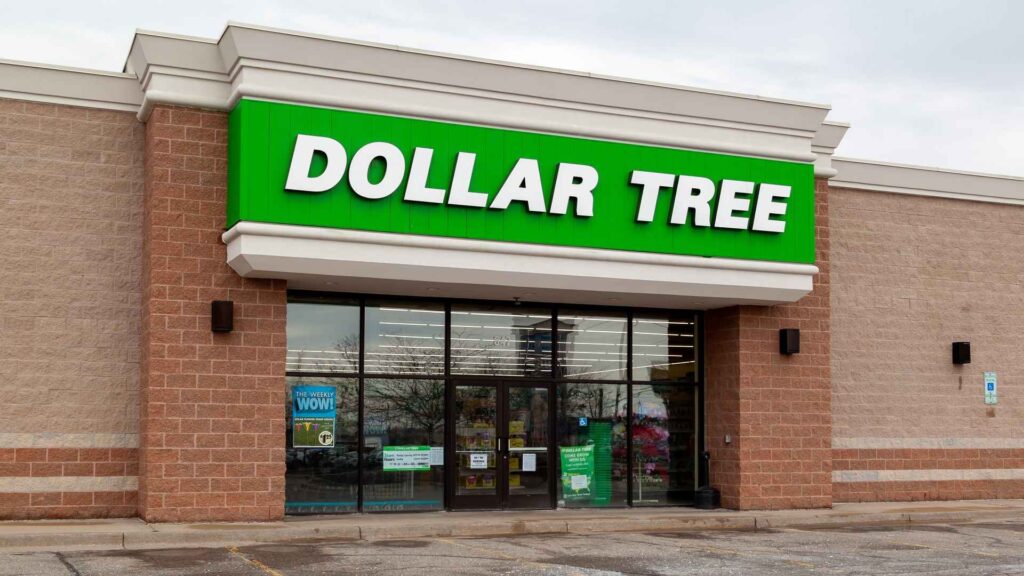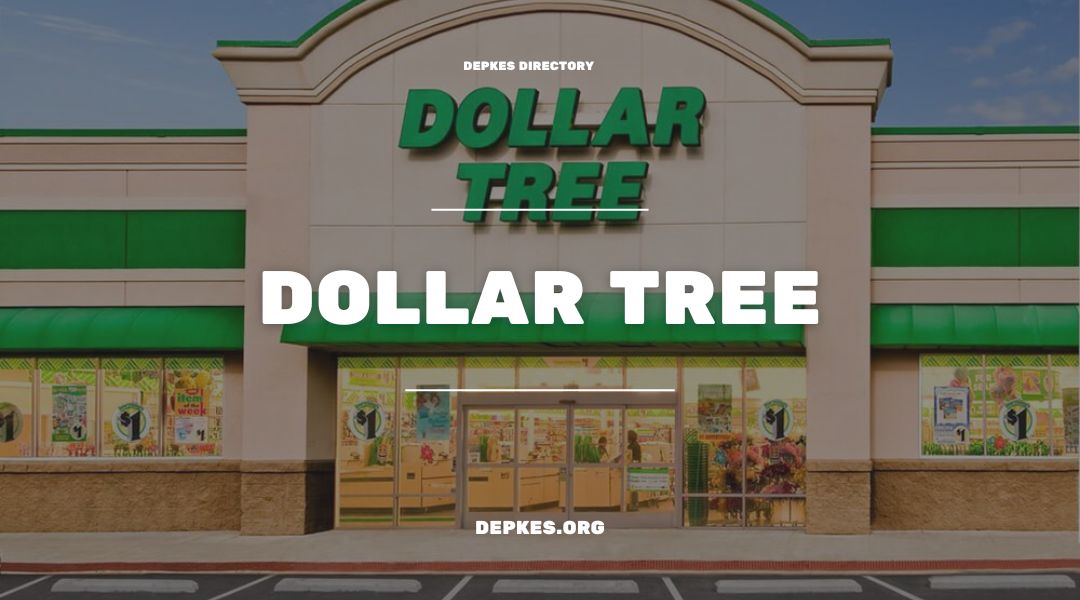Dollar Tree is a name synonymous with budget-friendly shopping, offering an extensive range of products priced at just one dollar (or sometimes slightly more). This article delves into the world of Dollar Tree, providing insights into its founder, history, product offerings, the pros and cons of shopping there, and an overview of its market worth.

Daftar isi:
Dollar Tree’s Reach: Store Locations in Florida, New York, and Illinois
Dollar Tree, a well-known discount retail chain, has established a widespread presence across the United States, making it a go-to destination for budget-conscious shoppers seeking affordable products and everyday essentials.
In the vibrant state of Florida, Dollar Tree in Miami stands as a reliable source for residents looking to stretch their budgets without compromising on quality. In bustling New York, Dollar Tree outlets, particularly in New York City, offer an extensive selection of items, from household goods to party supplies, all priced at just one dollar.
Meanwhile, in the heart of Illinois, Dollar Tree in Chicago provides an invaluable service to urban dwellers by providing a wide variety of products at unbeatable prices. Dollar Tree’s commitment to offering consistent value, paired with its convenient store locations, makes it an accessible and reliable option for shoppers across the nation.
Whether you find yourself in the sunny state of Florida, the bustling streets of New York, or the urban landscape of Illinois, Dollar Tree store locations offer a frugal and practical shopping experience that resonates with budget-conscious consumers.
Founder
Dollar Tree, a prominent retail chain known for its affordability, traces its roots back to its co-founders, K. R. Perry and Macon F. Brock, who joined forces in 1986 to bring their visionary retail concept to life. The cornerstone of their vision was to establish a retail store where every item on the shelves was priced at just one dollar, setting a remarkable standard for value-conscious shoppers. By adhering to this pricing strategy, Dollar Tree positioned itself as an appealing destination for individuals seeking cost-effective shopping solutions.
K. R. Perry and Macon F. Brock’s innovative approach not only revolutionized the retail industry but also solidified Dollar Tree’s position as a leader in providing high-quality products at an incredibly low, fixed price. Their commitment to affordability, combined with a diverse range of merchandise, has made Dollar Tree a favored choice for budget-conscious consumers across the United States and beyond.
History
Dollar Tree’s journey from a single store to a nationwide retail giant is marked by significant milestones:
- 1986: The first Dollar Tree store opened in Dalton, Georgia, offering a wide array of products priced at one dollar.
- 1990s: Dollar Tree expanded rapidly, opening new stores across the United States.
- 2000s: The company continued its growth through acquisitions, including the purchase of the Family Dollar chain in 2015.
- 2020s: Dollar Tree remains a prominent fixture in the retail landscape, with thousands of stores across the country.
List of Products
Dollar Tree is celebrated for its diverse product offerings, which encompass:
- Party Supplies: From decorations to tableware, Dollar Tree is a go-to for affordable party essentials.
- Household Goods: Cleaning supplies, kitchenware, and home organization items are readily available.
- Toys and Crafts: Parents can find toys and craft supplies for kids at budget-friendly prices.
- Health and Beauty: Personal care products, cosmetics, and toiletries are part of Dollar Tree’s inventory.
- Food and Snacks: Non-perishable groceries, snacks, and beverages are sold at attractive prices.
- Seasonal Merchandise: Dollar Tree offers seasonal and holiday-themed products.
- Stationery and Office Supplies: Shoppers can find pens, notebooks, and other office essentials.
- Home Decor: Decorative items and small furniture pieces are available for home improvement.
- Pet Supplies: Basic pet care products like pet food and accessories are offered.
- Party Supplies: Party decorations, gift wrapping, and greeting cards are popular finds.

Pros & Cons
Pros:
- Affordable Prices: Virtually everything in the store is priced at one dollar, making it a haven for budget-conscious shoppers.
- Diverse Selection: Dollar Tree’s extensive product range covers various categories, from household items to seasonal decorations.
- Value for Money: Shoppers can find great deals on everyday essentials and unique items.
- Convenience: Dollar Tree’s widespread presence makes it easily accessible to many communities.
- Frugal Living: Dollar Tree caters to those looking to save on groceries, household goods, and more.
Cons:
- Limited Selection of Fresh Foods: Dollar Tree primarily focuses on non-perishable and shelf-stable food items.
- Small Store Format: Some Dollar Tree locations may have limited floor space, which can result in crowded shopping experiences.
- Quality Variability: Given the price point, product quality can vary, so shoppers should inspect items before purchase.
Related Searches
Net Worth (Market Cap)
Dollar Tree, Inc. had a market capitalization of around $28 billion. It’s important to note that market values change over time, so the current market cap may differ from this figure.

Dollar Tree’s enduring appeal lies in its commitment to offering an extensive array of products at unbeatable prices. Founded with the idea of making shopping affordable for everyone, Dollar Tree has become a staple in communities across the United States. Whether you’re seeking household essentials, party supplies, or unique finds, Dollar Tree’s one-dollar price point makes it a go-to destination for frugal shoppers looking to make their dollars stretch further.
- The 5 Largest Dollar Tree Stores in the United States
Dollar Tree is a chain of discount stores, where everything is sold for one dollar or less. It is a…
- The 7 Biggest Dollar Tree in Norfolk VA
Welcome to our carefully crafted guide featuring the most prominent and the best Dollar Tree in Norfolk VA, USA. Each…
- The 4 Biggest Dollar Tree in Fremont CA
Welcome to our carefully crafted guide featuring the most prominent and the best Dollar Tree in Fremont CA, USA. Each…
- The 6 Largest Dollar Tree in Santa Clarita CA
Welcome to our carefully crafted guide featuring the most prominent and the best Dollar Tree in Santa Clarita CA, USA.…

